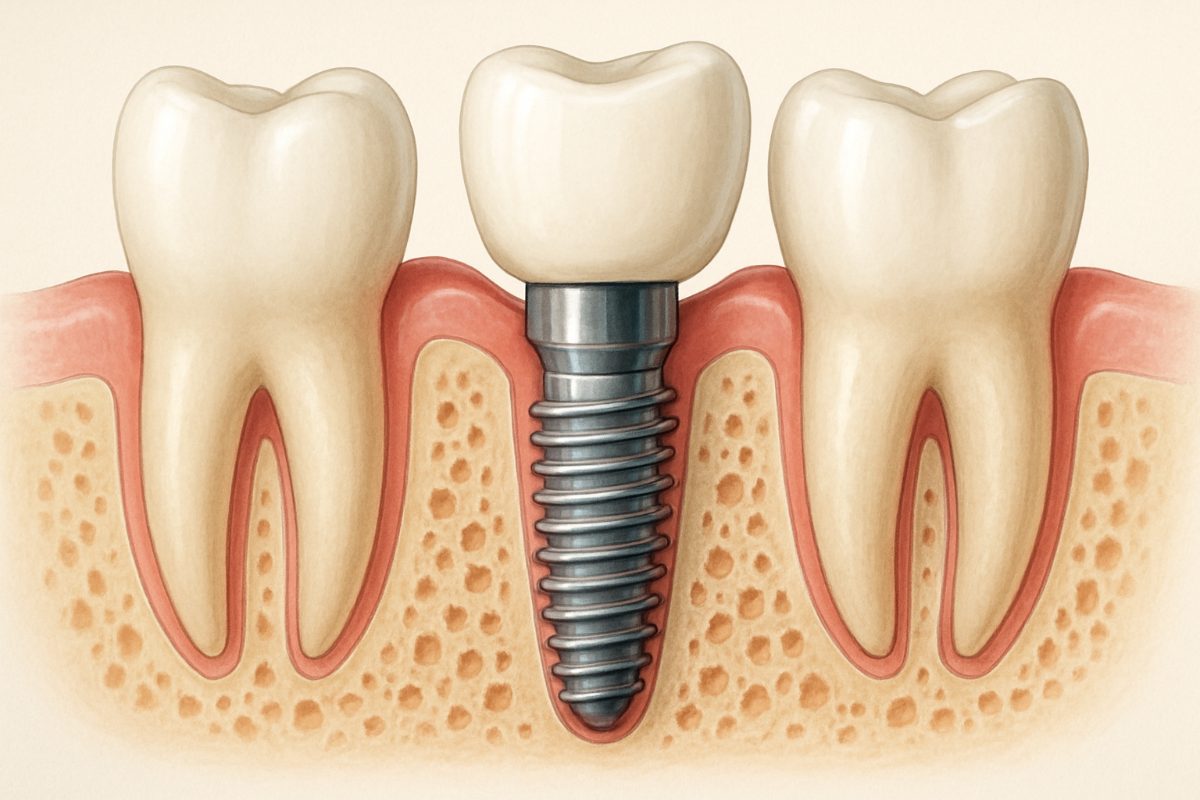Reasonable dental implants are treatments that balance cost, quality, and long-term value. This post explains common reasonable dental implants options, what affects price, risks and maintenance, and how to choose a provider who gives good value. Read on to learn practical questions to ask and next steps to get an itemized plan.
What “reasonable dental implants” really means
Reasonable dental implants mean you’re not just picking the cheapest choice. It’s a fair price for reliable materials, proper planning, and skilled care. The goal is predictable results that last without unnecessary upsells or cutting corners that can cause problems later.
Common types of reasonable dental implants
Single-tooth implant
A single-tooth implant replaces one missing tooth with an implant post, abutment, and crown. It’s cost-effective when you need just one tooth restored, and it preserves nearby teeth compared with a bridge. Healing usually takes a few months from surgery to final crown.
Implant-supported bridge
An implant-supported bridge uses two or more implants to hold several replacement teeth. This lowers the number of implants needed and can be more reasonable than placing individual implants for each missing tooth. It’s a strong, long-lasting option for adjacent missing teeth.
Implant-retained dentures
Implant-retained dentures snap onto implants and are removable. They cost less than a full fixed arch while giving much better stability than regular dentures. For many patients, they are the most reasonable upgrade for chewing and comfort.
Mini implants & temporary options
Mini implants are narrower and usually cheaper. They can be a reasonable short-term solution or work well for stabilizing lower dentures. Temporary or hybrid options may also be used while you heal or save for a permanent restoration.
What affects whether implants are “reasonable”
Materials and lab work
Higher-quality implant brands and ceramic crowns cost more but can last longer and look better. Lab fees for custom work also add to price. Cheaper parts can mean earlier replacement or fit problems.
Additional procedures
Bone grafts, extractions, and sinus lifts raise cost and time. If you need these, the total treatment is less likely to be “reasonable” unless planned and quoted clearly up front.
Provider skill and experience
Experienced clinicians may charge more, but proper placement and planning reduce complications and repeat work. Paying a bit more up front often saves money and trouble later.
How to find truly reasonable dental implants
Ask for itemized quotes, not just a single number. Compare total treatment plans including follow-up visits, lab fees, and any needed grafts. Check warranties, financing options, and before/after photos. Read patient reviews for outcomes and long-term satisfaction.
Risks, maintenance, and long-term value
Common risks include infection, implant failure, and poor fit. Routine care—daily brushing, flossing around implants, and regular checkups—keeps them healthy. A cheaper short-term fix can cost more if it fails; consider longevity when judging “reasonable dental implants.”
What to ask at your consultation (light practice mention)
Ask about credentials, number of similar cases, a full price breakdown, follow-up care, and financing. Request before/after photos and written warranties if available. Our practice provides clear cost estimates and payment plans to help you compare options.
Conclusion & next steps
Reasonable dental implants balance cost, quality, and long-term results. Get an itemized quote, compare plans, and schedule a consultation to find the option that fits your needs and budget.






